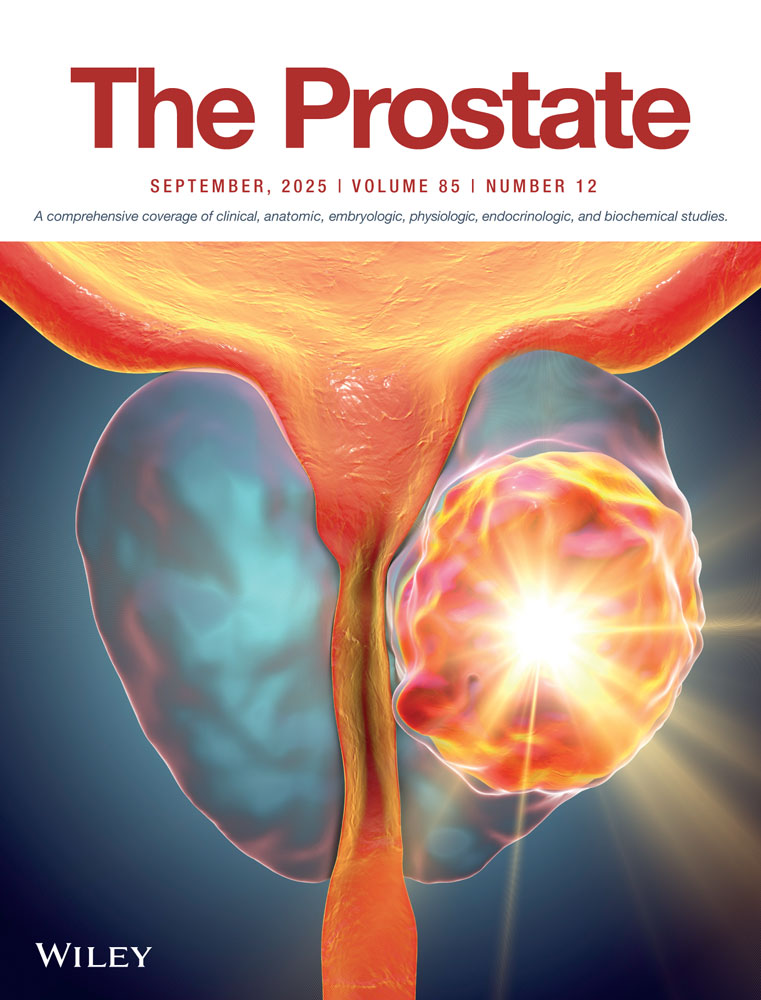Mitochondrial DNA mutation stimulates prostate cancer growth in bone stromal environment
Abstract
BACKGROUND AND OBJECTIVES
Mitochondrial DNA (mtDNA) mutations, inherited and somatically acquired, are common in clinical prostate cancer. We have developed model systems designed to study specific mtDNA mutations in controlled experiments. Because prostate cancer frequently metastasizes to bone we tested the hypothesis that mtDNA mutations enhance prostate cancer growth and survival in the bone microenvironment.
METHODS
The pathogenic nucleotide position (np) 8993 mDNA mutation was introduced into PC3 prostate cancer cells by cybrid formation. Wild-type and mutant cybrids were grown as nude mouse subcutaneous xenografts with or without bone stromal cell co-inoculation. Cybrids were also grown in the intratibial space. Tumor growth was assayed by direct tumor measurement and luciferase chemiluminescence. Gene expression was assayed using cDNA microarrays confirmed by real time PCR, western blot analysis and immunohistochemistry.
RESULTS
Cybrids with the 8,993 mtDNA mutation grew faster than wild-type cybrids. Further growth acceleration was demonstrated in the bone microenvironment. A 37 gene molecular signature characterized the growth advantage conferred by the mtDNA mutation and bone microenvironment. Two genes of known importance in clinical prostate cancer, FGF1 and FAK, were found to be substantially upregulated only when both mtDNA mutation and bone stromal cell were present.
CONCLUSIONS
The ATP6 np 8,993 mtDNA mutation confers a growth advantage to human prostate cancer that is most fully manifest in the bone microenvironment. The identification of specific molecular alterations associated with mtDNA mutation and growth in bone may allow new understanding of prostate cancer bone metastasis. Prostate 69: 1–11, 2009. © 2008 Wiley–Liss, Inc.




